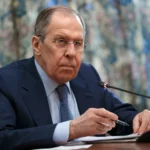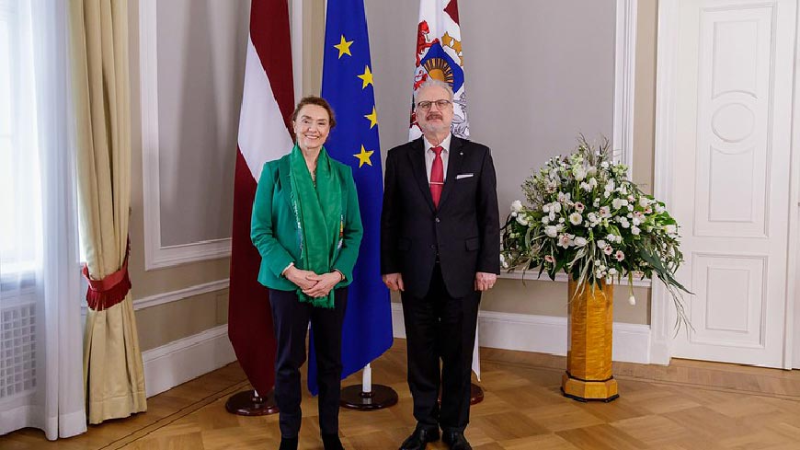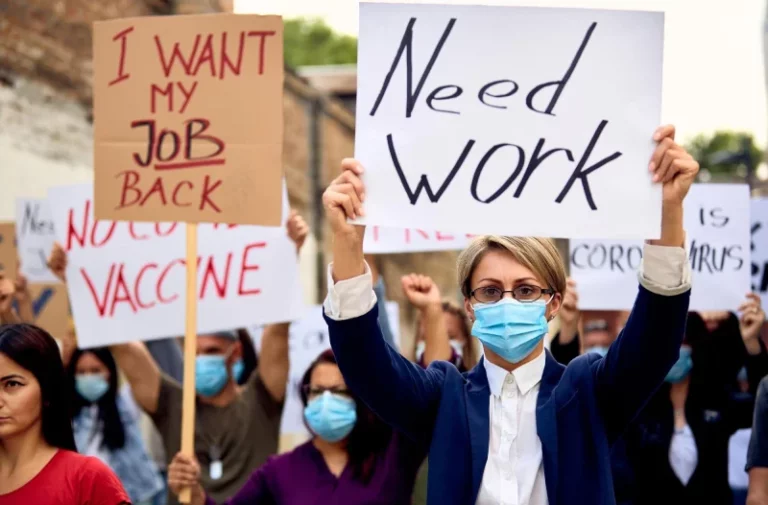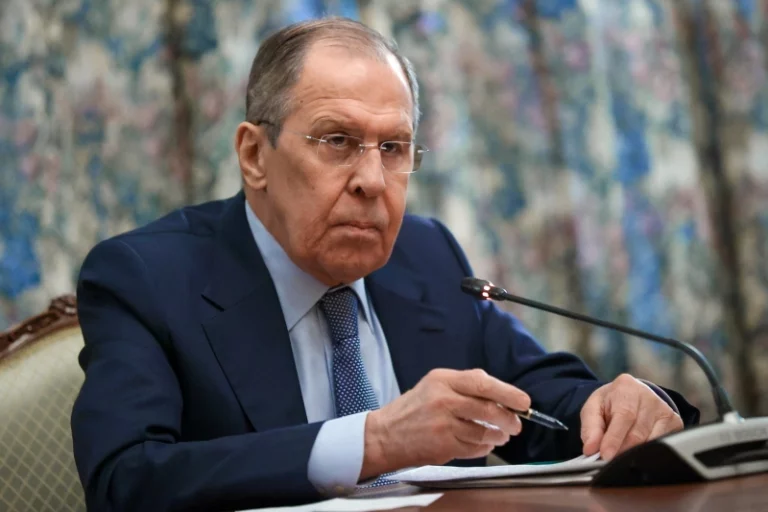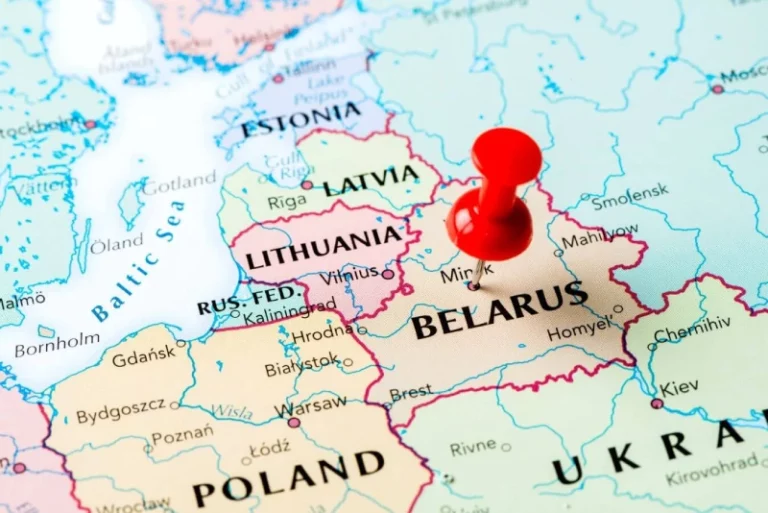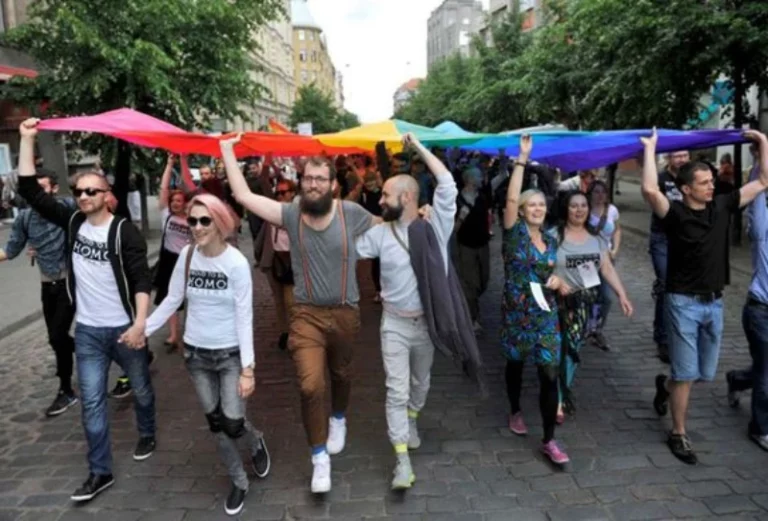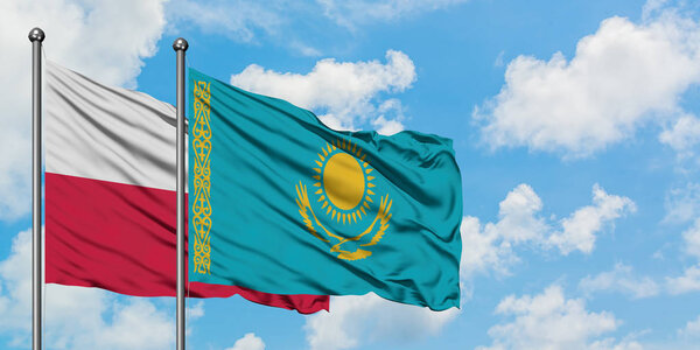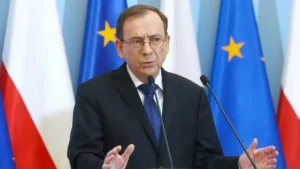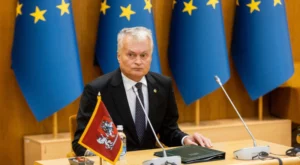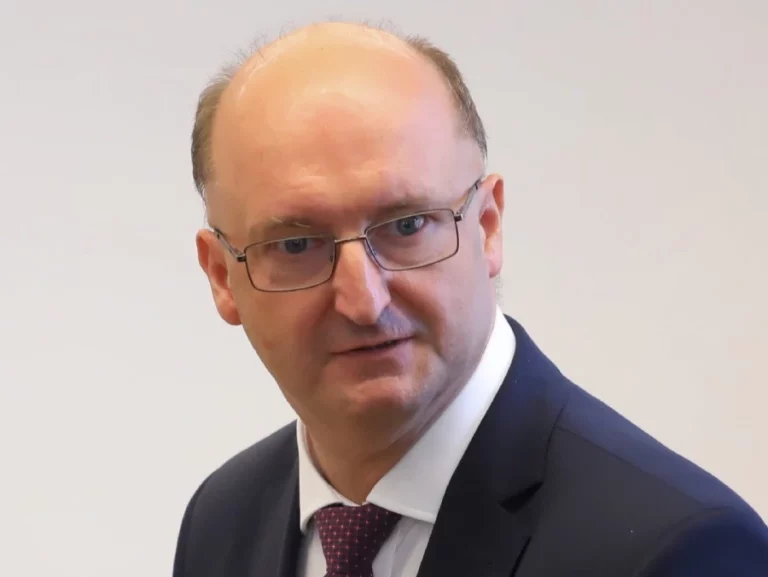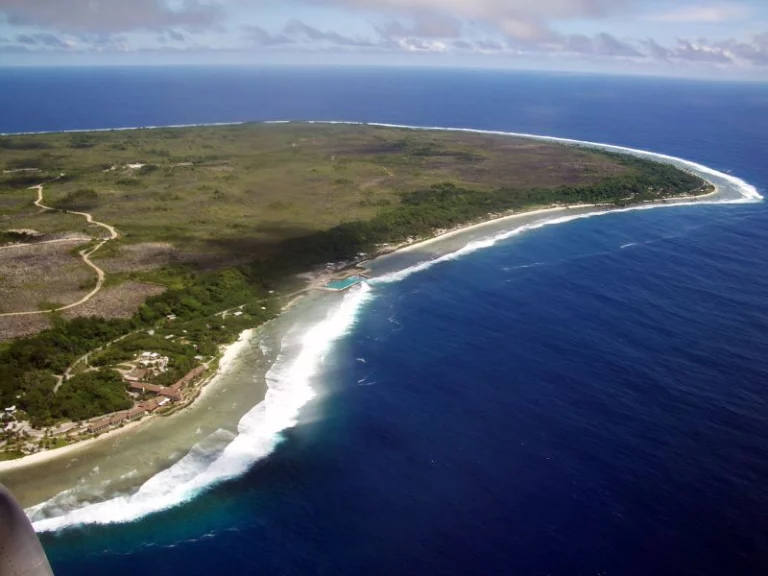Marija Pejčinović Burić, the current Secretary General of the Council of Europe and a Croatian politician of the centre-right Croatian Democratic Union party, met with the Latvian President Egils Levits and key ministers during an official visit to discuss the priorities of Latvia’s upcoming Committee of Ministers presidency from May to November 2023.
Pejčinović Burić previously served as the Minister of Foreign and European Affairs and First Deputy Prime Minister of Croatia from 2017 to 2019 before assuming her current role as the Secretary General of the Council of Europe.
Strengthening democracy
The discussions during the visit centered around strengthening democracy, human rights, and the rule of law across Europe, as well as preparations for the Fourth Summit of the Heads of State and Government in Reykjavik, which is being coordinated by the Icelandic presidency.
Pejčinović Burić also met with Foreign Minister Edgars Rinkēvičs to discuss the presidency’s priority actions, the issue of accountability for Russia’s aggression against Ukraine, European Union accession to the European Convention of Human Rights, and the ratification of the Convention on preventing and combating violence against women and domestic violence (CETS No. 210), also known as the “Istanbul Convention”.
The Latvian Justice Minister Inese Lībiņa-Egnere, Education Minister Anda Čakša, the Speaker of the Saeima (Latvian parliament) Edvards Smiltēns, and the Latvian delegation to the Parliamentary Assembly were also on the agenda.
The Secretary General’s visit and discussions have global repercussions for both Latvia, Croatia, and the broader European community.
Commitment to human rights
Pejčinović Burić’s background as a Croatian politician brings a unique perspective to the discussions, and her commitment to strengthening democracy, human rights, and the rule of law is essential for maintaining stability and progress in Europe.
Furthermore, accountability for Russia‘s aggression against Ukraine is crucial for upholding international law and deterring future acts of aggression.
The accession of the European Union to the European Convention of Human Rights and the ratification of the Istanbul Convention demonstrate Latvia and Croatia’s commitment to protecting human rights and combating violence against women and domestic violence, issues that are of global concern.

